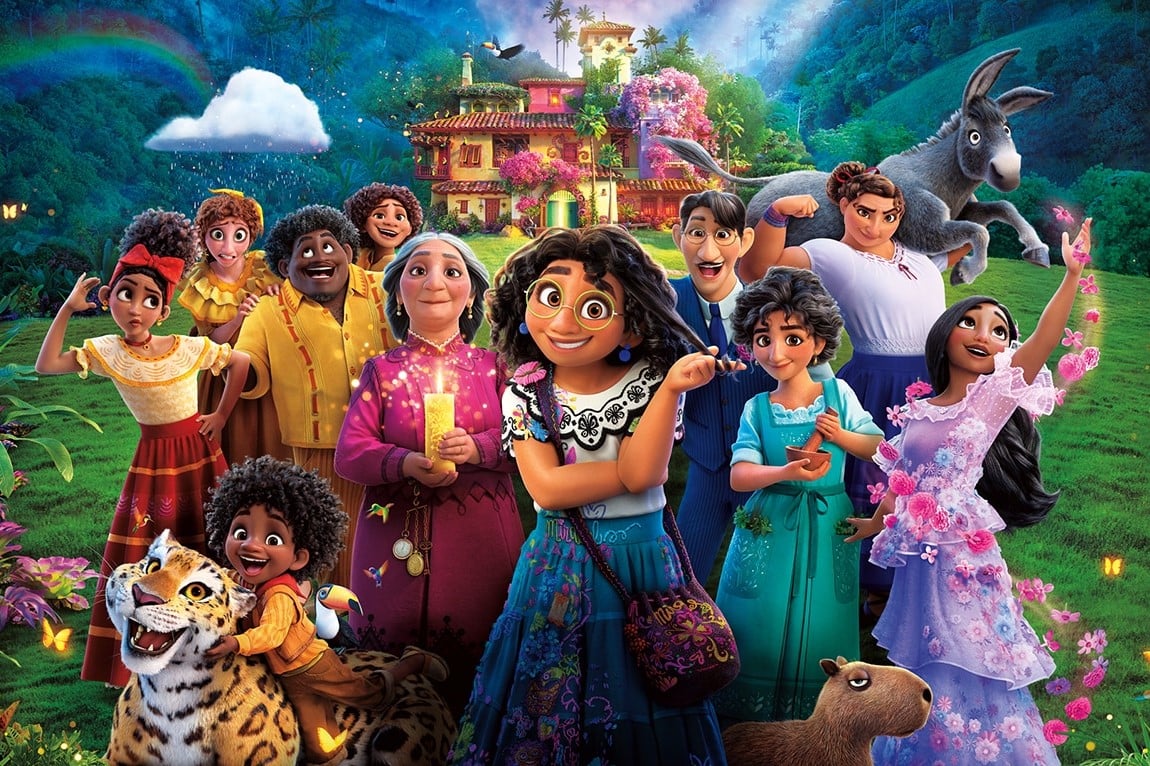
Released by Disney in 2021, “Encanto” aimed to capture the magic and charm synonymous with the studio’s long history of animated classics. Directed by Jared Bush and Byron Howard, with music by Lin-Manuel Miranda, the film tells the story of the Madrigal family, who live in an enchanted house in Colombia. While “Encanto” received generally positive reviews and was praised for its cultural representation and musical numbers, some critics and audiences (me especially) feel it falls short when compared to Disney’s earlier masterpieces. In this article, we discuss why “Encanto” might be considered a mediocre entry in the Disney animated movie canon.
Simplistic Storyline
One of the main criticisms of “Encanto” lies in its storyline. The plot centers around Mirabel, the only member of the Madrigal family who doesn’t possess a special power, and her journey to save their magical house. While the premise holds promise, some argue that the execution is too simplistic and lacks the depth seen in earlier Disney films. Classics like “The Lion King,” “Beauty and the Beast,” and “Aladdin” offered complex narratives with multiple subplots and morally ambiguous characters. In contrast, “Encanto’s” story feels linear and predictable, with fewer twists and turns to keep the audience fully engaged.
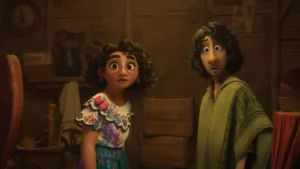
Lack of a Strong Villain
One distinguishing feature of many Disney classics is the presence of a compelling antagonist. Villains like Scar, Ursula, and Jafar are iconic, adding tension and excitement to their respective stories. “Encanto” deviates from this formula by lacking a traditional villain. While this could be seen as a fresh approach, it also results in a narrative with less dramatic conflict. The absence of a clear antagonist diminishes the stakes and intensity of the storyline, making it less gripping for the audience.
Underdeveloped Supporting Cast
Disney’s success often hinges on its rich ensemble of memorable characters. From the seven dwarfs in “Snow White” to the eclectic crew in “The Little Mermaid,” supporting characters play crucial roles in shaping the story and keeping viewers invested. In “Encanto,” however, the supporting cast feels underdeveloped. While the Madrigal family is large and diverse, many members lack sufficient backstory and personal growth. Characters like Luisa and Isabela have potential but are not fully explored, leaving audiences wanting more depth and connection.
Main Character’s Arc
Mirabel, the protagonist, is likable but her character arc is somewhat flat. Her journey towards self-acceptance and proving her worth to her family is heartfelt but not particularly groundbreaking. Previous Disney heroines, such as Belle or Mulan, had more defined arcs with clear challenges and transformative experiences. Mirabel’s journey, while charming, lacks the same level of emotional depth and complexity.
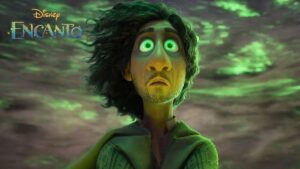
Memorable Soundtrack?
Music has always been a cornerstone of Disney movies, with timeless songs that transcend generations. While Lin-Manuel Miranda’s soundtrack for “Encanto” is catchy and culturally enriching, it does not seem to have the same staying power as the classics. Songs like “We Don’t Talk About Bruno” and “Surface Pressure” are enjoyable within the context of the film but lack the universal memorability of songs like “Circle of Life”, “Let It Go”, “You’re Welcome”, “Try Everything” or “Part of Your World.” The music in “Encanto” enhances the story but does not elevate it to the iconic status achieved by earlier Disney soundtracks.
Glaring Plothole
Dolores’ refusal to reveal Bruno’s presence in the house is a glaring plot hole in the movie “Encanto.” As a character with super hearing, she would have undoubtedly overheard Bruno’s conversations, footsteps, or other sounds indicating his presence (which she reveals she hears in the song “We Don’t Talk About Bruno”. Her ability to keep this a secret from the rest of the family, despite her tendency to gossip and spread rumors, stains the relevance of her character and the logic of the plot.
One possible explanation for this plot hole is that Dolores may have been conflicted about revealing Bruno’s secret. She genuinely cares for her family and may have feared the consequences of exposing Bruno’s hiding place. Additionally, Dolores’ gift of super hearing may have also made her aware of the family’s deep-seated fear and rejection of Bruno. She may have been reluctant to add to their distress by confirming his presence.
However, this explanation still seems somewhat unsatisfying, as Dolores’ character is portrayed as being unable to resist gossiping and spreading secrets. It would have been more consistent with her character for her to have blurted out Bruno’s secret, regardless of the consequences.
Authenticity vs. Universality
“Encanto” has been praised for its authentic representation of Colombian culture and diversity, marking a significant step towards inclusivity and representation in animation. However, this focus on cultural specificity, while important and commendable, may limit its universal appeal. Earlier Disney films, while not always accurate in their cultural depictions, achieved a balance that resonated with global audiences. “Encanto’s” heavy reliance on cultural context may make it less relatable to viewers who are less familiar with Colombian traditions and nuances.
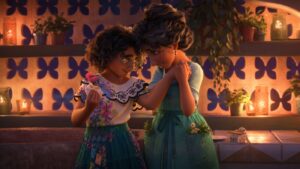
Limited Emotional Depth
A hallmark of Disney classics is their ability to evoke a wide range of emotions, often leaving a lasting impact on viewers. Films like “Bambi,” “The Lion King,” and “Up” (though the latter is Pixar) are known for their tear-jerking moments and deep emotional resonance. “Encanto” has heartfelt moments, particularly in its exploration of family dynamics and personal insecurities, but it lacks the profound emotional weight seen in earlier films. The emotional beats, while touching, do not reach the same peaks of joy and sorrow that have defined Disney’s most impactful movies.
In summary, “Encanto” is a visually stunning film with a strong cultural narrative, catchy music, and a heartwarming story. However, when compared to Disney’s earlier animated masterpieces, it falls short in several key areas. Its simplistic storyline, lack of a compelling villain, glaring plothole, underdeveloped supporting characters, and limited emotional depth contribute to its perceived mediocrity. While “Encanto” represents an important step forward in terms of cultural representation and diversity, it does not quite capture the magic and timeless appeal that have made Disney films enduring classics.
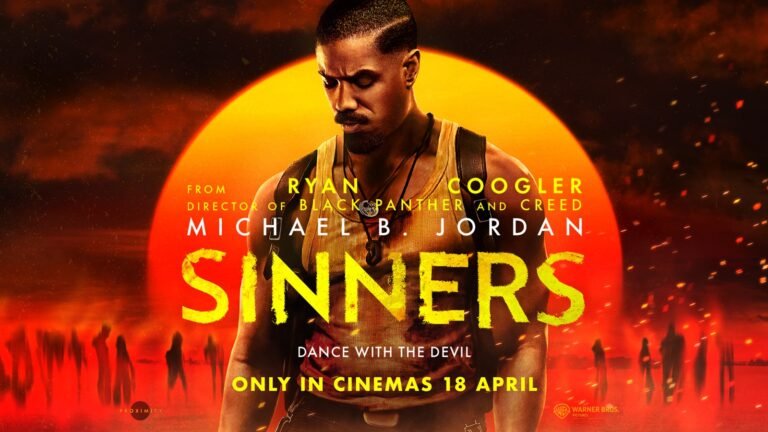

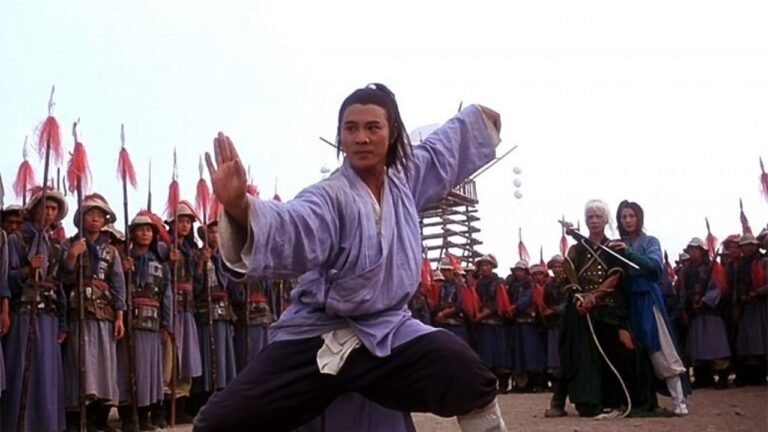
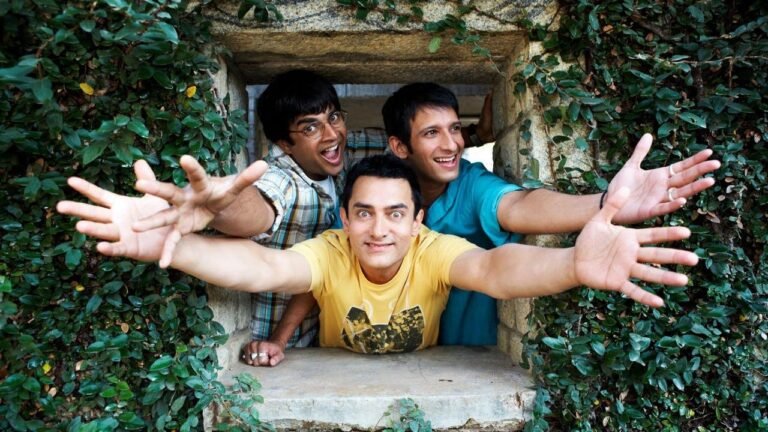

1 thought on “Why “Encanto” Falters When Compared To Previous Disney Movies”